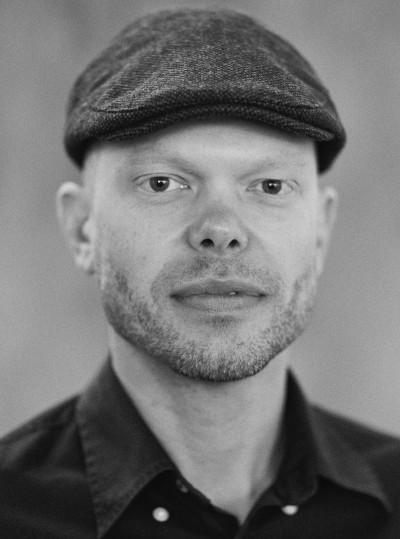Australia: At The Crossroads Of Science, Astronomy Education And Indigenous Knowledge
TalkTeaching about indigenous astronomy
3rd Shaw-IAU Workshop
Wednesday Oct. 13, 2021
UTC: 3:50 p.m. - 4:10 p.m. America/New_York: 11:50 a.m.- 12:10 p.m.
Thursday Oct. 14, 2021
UTC: 6:20 a.m. - 6:40 a.m. America/New_York: 2:20 a.m.- 2:40 a.m.
The Knowledge Systems and cultural traditions of First Peoples around the globe contain layers of complex scientific knowledge derived from detailed observation, experimentation, collected wisdom and deduction through a priori and a posteriori systems of knowledge, which is passed down to successive generations through oral tradition. By learning from the teachings of Indigenous Elders, we can understand a great deal about the development of scientific information and how that can be used for a variety of applications. As Elders teach, everything in the sky is reflected on the land, a concept promoted by Dr Annette Lee in the Lakota First Nation as Kapemni. As science educators, we also need to consider ways of assisting First Peoples who can approach scientific research and education through the lens of Etuaptmumk, 'Two Eyed Seeing" - what Mi'kmaw elder Dr Albert Marshall explains is seeing with one eye through the Indigenous world and the other through the Western academic world. This occurs at what Torres Strait Islander educationalist Professor Martin Nakata calls the Cultural Interface. These theoretical frameworks provide a foundation for teaching Indigneous astronomy and science, and support the next generation of Indigneous scientists. This talk will focus on these frameworks and show examples from around the world about how Indigenous cultures developed scientific knowledge about the machinations of the cosmos and their relationships to events on the Earth.
Watch a recording of this talk (external link)





